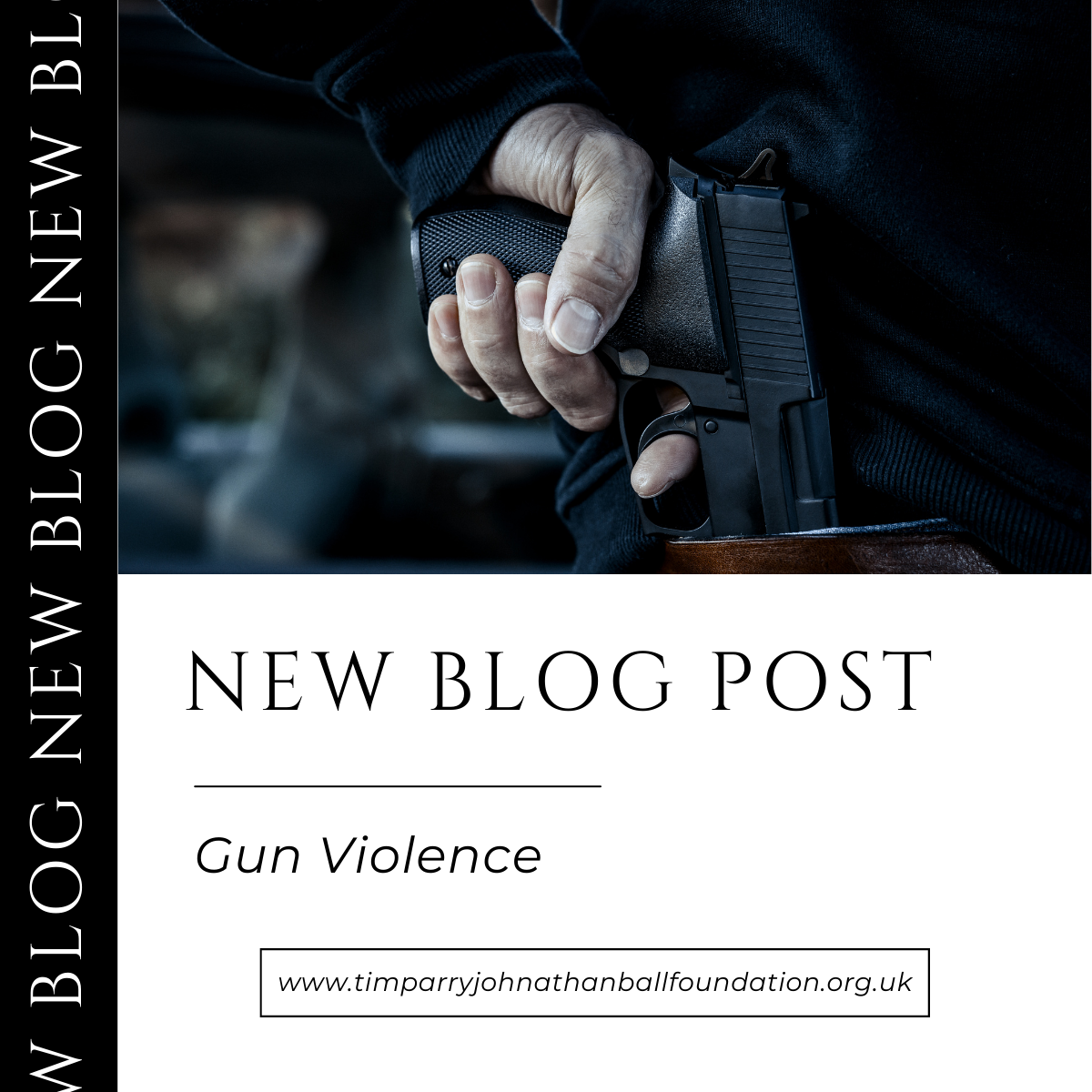
Gun Violence in the UK: Challenges and Progress
Gun Violence is now a daily tragedy that affects lives across the world. Easy access to firearms, held legally or otherwise is one of the main drivers of community-wide violence. Gun violence is a pressing global concern that transcends geographical boundaries, and even in the UK, a nation known for its strict gun control measures, the issue of gun violence has garnered attention due to its relatively low incidence compared to other countries.
This blog will delve into the intricacies of gun violence in the UK, exploring its causes, consequences, and measures taken lightly.
The landscape of Gun Violence in the UK.
Unlike some countries, the UK has a notably low incidence of gun violence. This can be attributed to the stringent gun control laws in place, which make obtaining firearms difficult. The Firearms Act of 1968 and subsequent amendments established a comprehensive regulatory framework governing firearms possession, acquisition, and use and, as a result, instances of mass shootings and gun-related crimes are far more rare compared to nations with laxer gun control measures.
Consequences of Gun Violence
While the UK experiences fewer gun-related incidents, the consequences of such incidents are devastating for victims, families, and communities. Even a single incident can have a far-reaching impact on mental health, public safety perceptions, and community cohesion, as below:
- Loss of Life and Physical Injury
- Emotional and Psychological Trauma
- Impact on children and young people
- Strain on healthcare systems & Impact on Mental Health Services
- Economic consequences
- Cultural Desensitisation
- Fear and Distrust
- Educational Disruption
Schools in areas with high levels of gun violence experience disruption to education due to the risk posed to children’s safety. Typically, these will include lockdown drills and security measures which can create an environment of fear and unease that affects the educational experience. Areas with rampant gun crime can become breeding grounds for other forms of crime, perpetuating a cycle of criminal activity and hindering social processes.
Prevention and intervention
The UK’s approach to gun violence prevention is multifaceted and proactive:
- Firearms Licensing – strict licensing procedures require thorough background checks, mental health assessments, and legitimate reasons for firearm ownership.
- Community Policing – law enforcement agencies engage in community-based initiatives that foster trust and collaboration between the police and residents.
- Intelligence sharing – effective communication – sharing mechanisms between law enforcement agencies and international partners help intercept illegal firearms trafficking.
- Youth Outreach Programs: addressing potential causes of gun violence through education, mentorship, and employment opportunities for at-risk youth.
Remaining Challenges
- Illegal Firearms Trafficking: a black market for firearms poses a threat to public safety.
- Copycat Crimes: Incidents of gun violence, even if rare, can inspire copycat crimes, increasing the need for high levels of vigilance.
- OCG – For organised crime gangs, firearms serve as tools of control, for them to assert dominance over territories, rivals, and illicit enterprises. The mere presence of guns instills fear and compels compliance, solidifying the power dynamics within these criminal organisations.
Conclusion
The effects of gun violence reach far beyond the immediate incident, leaving a profound impact on individuals, families, communities and society at large. Addressing gun violence requires a multifaceted approach to encompass public policy, community engagement, mental health support, and educational initiatives. By understanding the consequences of gun violence, we can work collectively to prevent its occurrence, support survivors, and create safer, more resilient communities.
Tim Parry Johnathan Ball Foundation
Schools and Education
At the Tim Parry Johnathan Ball Foundation, we deliver educational programmes and training in conflict resolution and violence reduction. This is done through school assemblies, class discussions, small group work, and 1-2-1 with specific students. We aim to empower individuals with the knowledge and skills to promote peace, challenge extremism, and build cohesion.
Non-Formal Education:
The Foundation focuses on non-formal prevention education, to equip individuals with critical thinking, emotional awareness, and conflict management skills. Tackling social isolation promotes empathy, respect for others, and healthy communication which collectively challenge the distorted beliefs and negative attitudes propagated within those communities where .
Community Cohesion:
The Foundation fosters understanding, connection, and social bonds, to challenge isolation and alienation and to promote inclusivity and create alternative support networks.
Promoting Positive Development:
In our work, we look to explore and expose the underlying factors contributing to social exclusion, such as inequality, limited education, and employment opportunities. We advocate for conditions that foster inclusivity and equal opportunities for all, in our schools, youth groups, workplaces, and communities.
By addressing root causes, promoting empathy, and fostering positive development, the Foundation actively works toward a more inclusive and peaceful society. Recognising the seriousness of violence in criminal activity and collaborating with various stakeholders, the Foundation plays a vital role in preventing, resolving, and responding to incidents of violence. Together, we can challenge the threat, improve safety, and foster a society that values the rights and dignity of every individual.
To learn more about the Tim Parry Johnathan Ball Foundation and how you can get involved, please visit our website at www.timparryjohnathanballfoundation.org.uk or contact us at info@timjon.org.uk or call 01925 581231.

